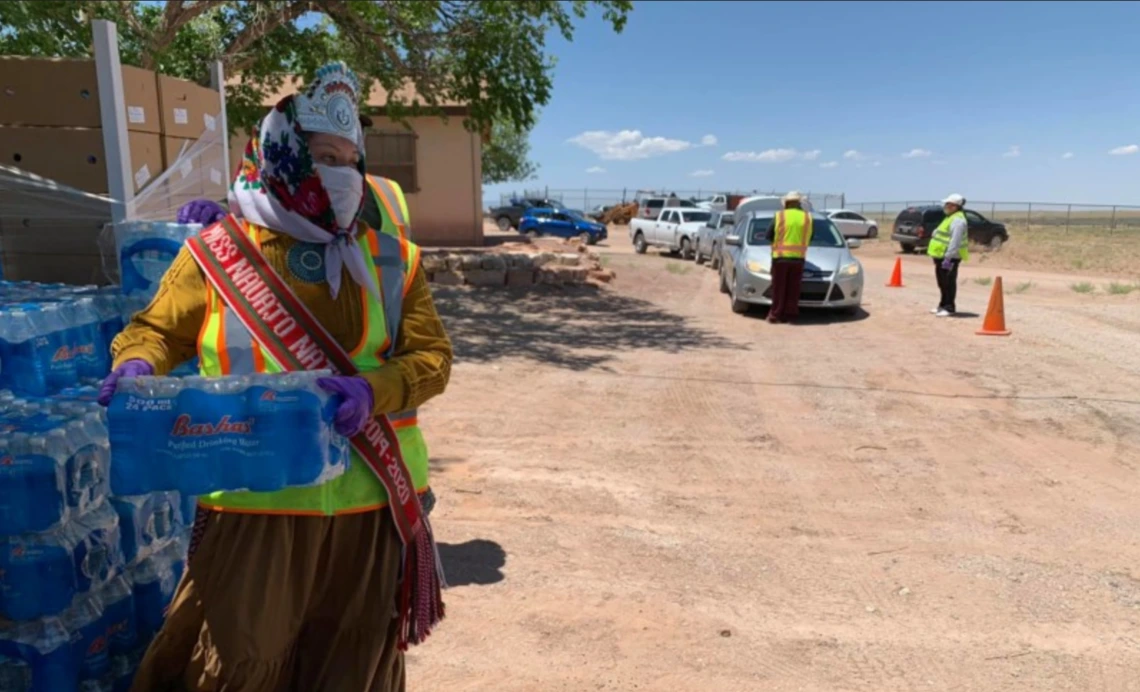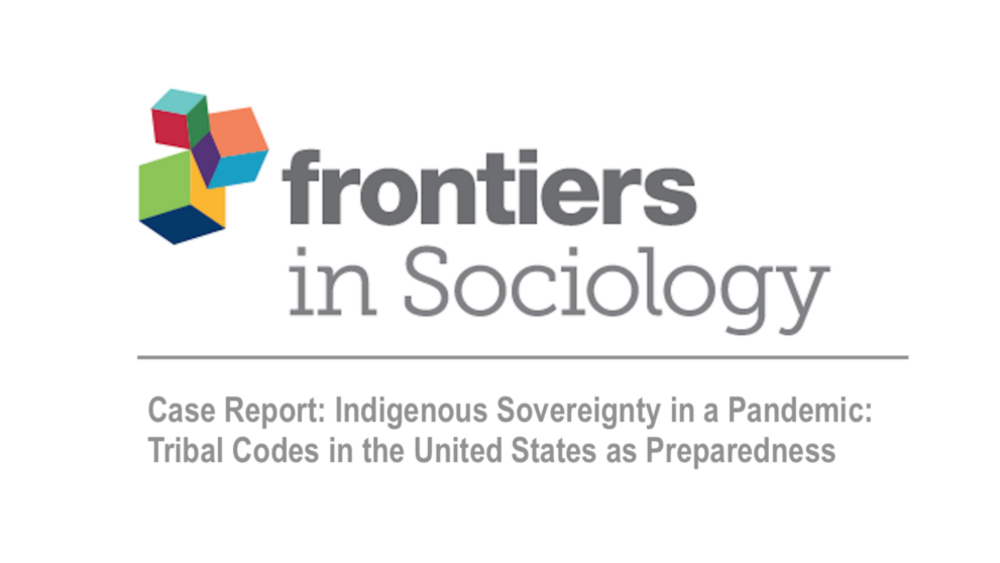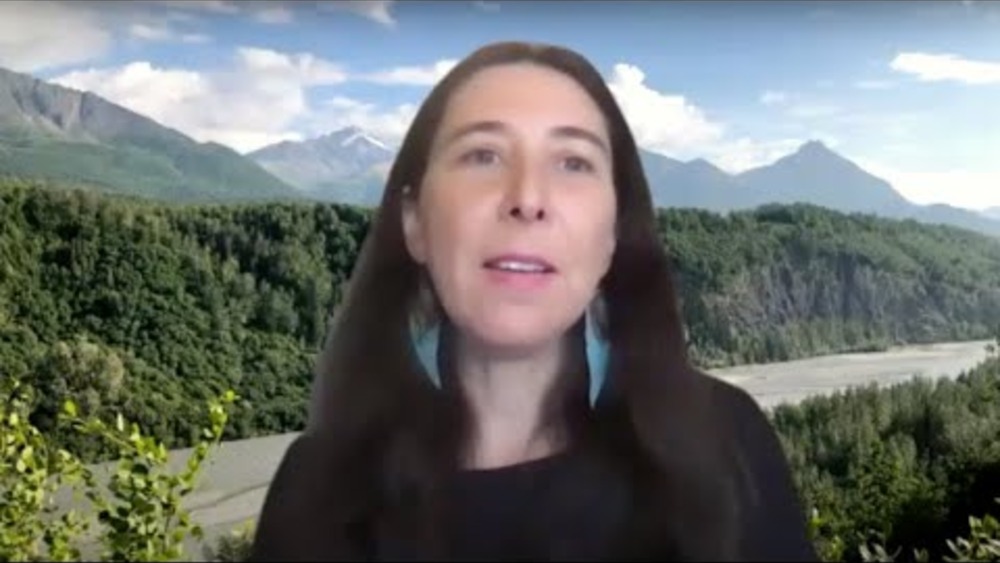On April 10, 2020, Covid-19 case rates on tribal lands were more than four times the rate in the United States.1 Indigenous Peoples across the country continue to be disproportionately impacted by the coronavirus. As of May 18, 2020, the Navajo Nation has the highest Covid-19 case rates surpassing New York, the pandemic’s epicenter in the United States. As the virus spreads, Indigenous Peoples and nations in the United States face stark disparities in accessing resources to protect their communities—not the least of which relate to data. Examples of data dependency and data terrorism continue to reveal themselves during the pandemic. At the same time, Indigenous nations, scholars, and activists are amplifying Indigenous rights and interests in Covid-19-related data. By asserting Indigenous data sovereignty—the right of Indigenous Peoples and nations to govern data about their peoples, lands, and resources2—Indigenous Peoples are focused on tribal control of tribal data and demand visibility in the disaggregation of national, state, and county data to combat the pervasive erasure of Indigenous Peoples due to inadequate data efforts.
Additional Information
Carroll, Stephanie Russo; Desi Rodriguez-Lonebear; Randall Akee; Annita Lucchesi; and Jennifer Rai Richards. Indigenous Data in the Covid-19 Pandemic: Straddling Erasure, Terrorism, and Sovereignty. June 11, 2020: Social Sciences Research Council.




